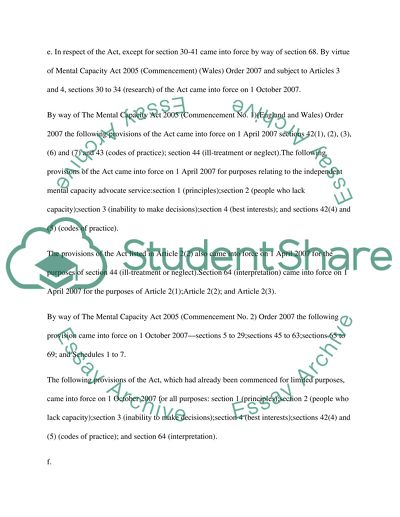Cite this document
(“Public law questions Essay Example | Topics and Well Written Essays - 1500 words”, n.d.)
Public law questions Essay Example | Topics and Well Written Essays - 1500 words. Retrieved from https://studentshare.org/law/1432658-public-law-questions
Public law questions Essay Example | Topics and Well Written Essays - 1500 words. Retrieved from https://studentshare.org/law/1432658-public-law-questions
(Public Law Questions Essay Example | Topics and Well Written Essays - 1500 Words)
Public Law Questions Essay Example | Topics and Well Written Essays - 1500 Words. https://studentshare.org/law/1432658-public-law-questions.
Public Law Questions Essay Example | Topics and Well Written Essays - 1500 Words. https://studentshare.org/law/1432658-public-law-questions.
“Public Law Questions Essay Example | Topics and Well Written Essays - 1500 Words”, n.d. https://studentshare.org/law/1432658-public-law-questions.


